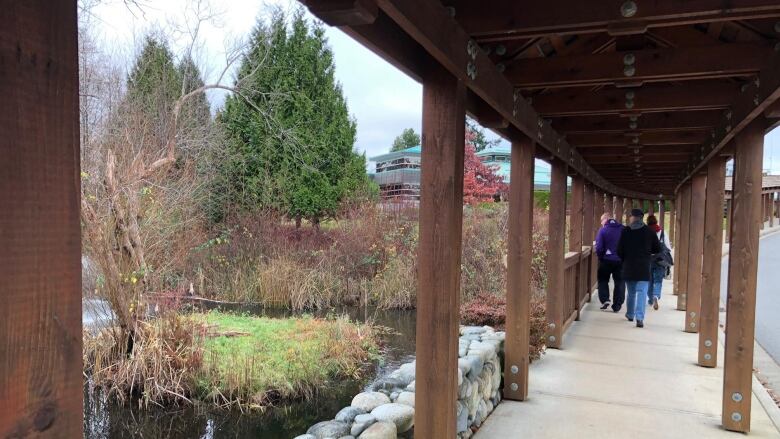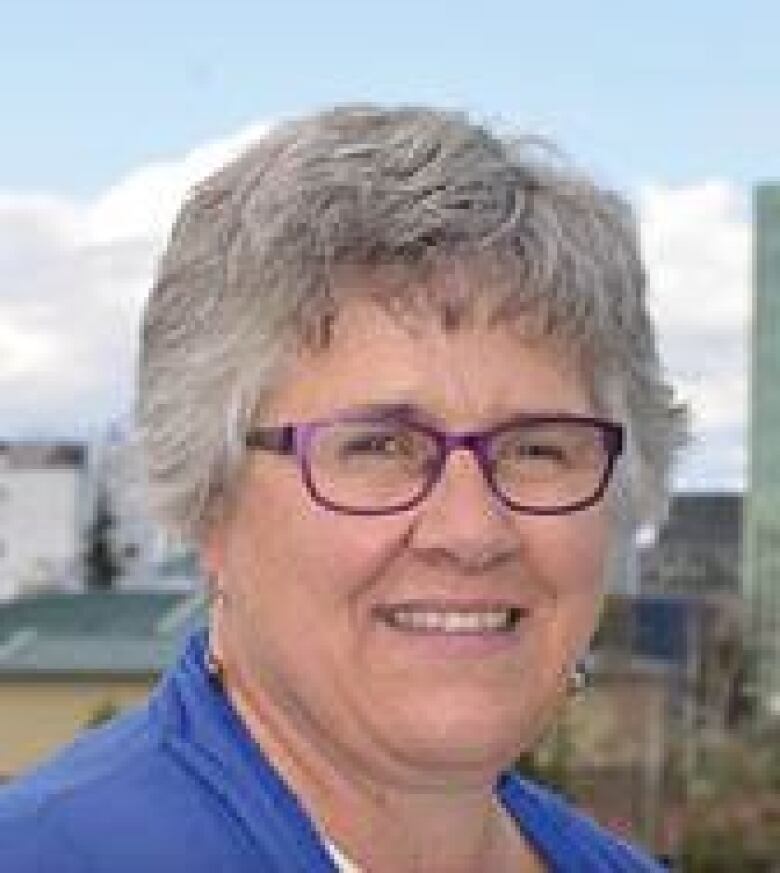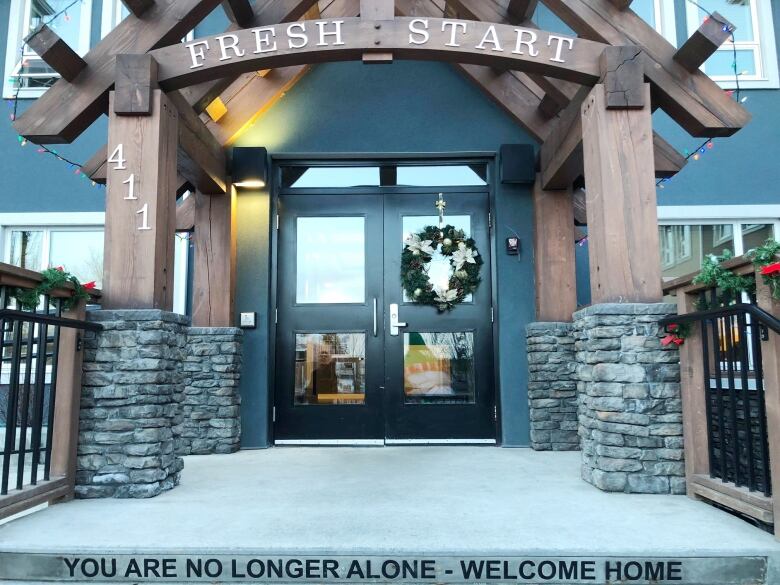N.W.T. residents find healing in the South, MLAs to report on follow-up treatment in the North
Addictions are a serious issue in the North, but 'nobody is beyond hope for change,' says MLA

The Government of the Northwest Territories' health minister and members of the Standing Committee on Social Development toured the four southern addictions treatment facilities N.W.T. residents attend in Nanaimo, B.C., Calgary and St. Albert, Alta.
Julie Green, deputy chair of the committee, said thetour was meant to help MLAs understand addictionstreatment programs, with a focus "on the after-care available to northern residents."
As of Dec. 8, 45 N.W.T. residents are in a facility-based treatment program. There are no residential addictions treatment facilities in the N.W.T.
In the 2016/17 fiscal year, expenses for out of territory treatment were $2.2 million. Since August 2013, 114 N.W.T. residents have completed programs through the Aventa Centre of Excellence for Women with Addictions, 113 through the Edgewood Treatment Centre, 66 throughFresh Start Recovery and 346 through Poundmaker's Lodge, for a total of 639 people.
Green said the facilities provide excellent support thanks to well-trained staff.

"They come from a trauma-informed place so they recognize that people mostly have addictions to cope with different issues in their lives and that might be grief and loss [or] colonization and the effect of the residential schools," she said.
MLAs talked with some N.W.T. residents in treatment.
They seemed to be okay with receiving treatment outside the territory, with some even preferring it, Green said.
"Some mentioned their loved-ones needed a change of lives as well," Green said. "So they were happy to be removed from the situations that their addictions occur in and to have a break from that."
But Green said they were concerned about what comes next their "after-care."
The after-care
When they return home, Northerners can rely on community-based counselling, Green said.
"There is usually a connection between the treatment facility and the counsellor," she said, with counsellors able to call onthe southern facilities 24 hours a day if needed.
Patients are encouraged to connect with Alcoholics Anonymous (AA) and similar groups.
"But as with all things in the N.W.T., the bigger the place, the more choices, the smaller the place, the more limited," says Green.
"I don't think there are AA groups in the smallest communities."
'Nobody is beyond hope for change'
Green met a man from the N.W.T. in Calgary during the tour. He said he has been an alcoholic for about thirty years.

"His health improved considerably. Before he went to Calgary, he was homeless," says Green.
"I think that people who knew him and have known him being an alcoholic for many many years were skeptical that he could change."
Green said the man is now dedicated to his treatment at the facility, and his AA meetings.
Green said she was inspired by his journey.
"I thought of the people who lived downtown in Yellowknife and some of them may have a similar story, very very long term addictions and poor health, homeless. This guy had been able to turn himself right around."
Although "addictions are a very significant issue in the N.W.T.," Green believes "nobody is beyond hope for change."
"It can happen to anyone at anytime when they are ready for it."
The committee will now write a report with recommendations for the health minister "to strengthen the range of addiction follow-up that is available to people in the Northwest Territories."
The report will be filed in the Legislative Assembly.












_(720p).jpg)


 OFFICIAL HD MUSIC VIDEO.jpg)
.jpg)



























































































